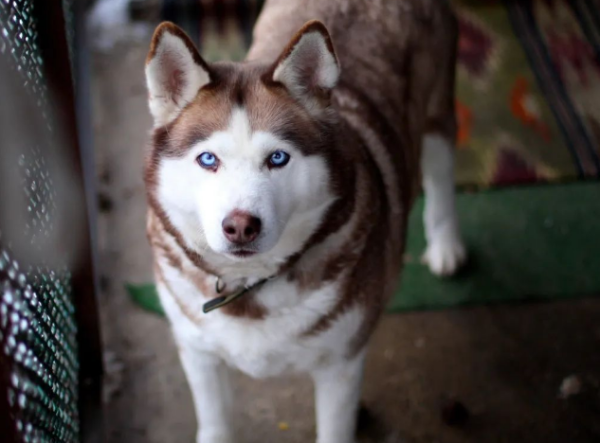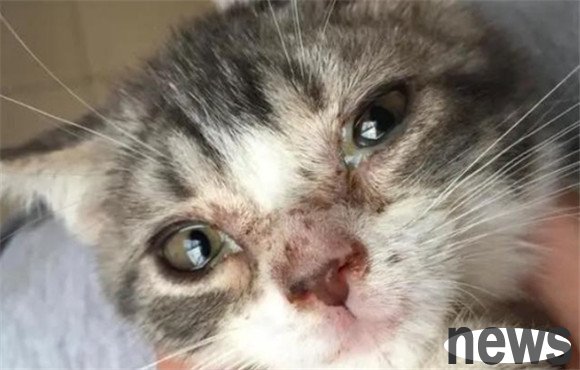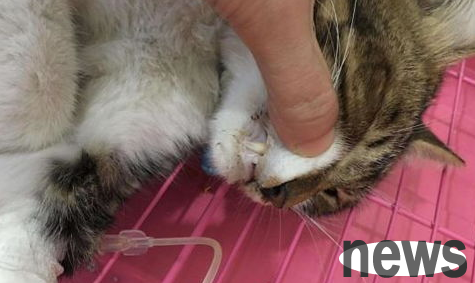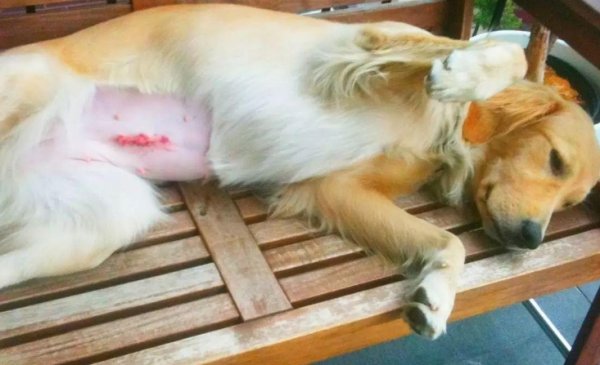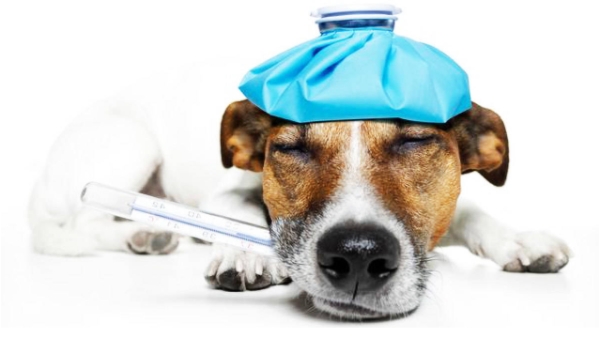How to prevent dog immunity failure and countermeasures? Come here~
1. Reasons for dog immunity failure
1. Genetic factors
The immune responses produced by animal organisms to vaccination are controlled to a certain extent by genetic factors. There are many breeds of dogs, and their immune responses vary. Even if the immune responses of dogs of different individuals of the same breed are not consistent to the same vaccine. Some dogs may even have innate immune deficiency, which leads to immune failure.

2. Parent antibody interference
This is one of the most common factors for immune failure. A certain level of maternal antibodies is of great significance to protecting puppies from early infection with infectious diseases. However, due to the differences in the immune response of individual breeding dogs and the differences in the vaccines used in breeding dogs (the titers of induced maternal antibody also have large differences), the levels of maternal antibody from different sources are uneven. If all puppies are fixed at the same age for first immunization, puppies with too high maternal antibodies can interfere with the vaccine's immune response, while puppies with too low maternal antibodies may be in the latent infection period of infectious diseases when vaccinated, resulting in immunization failure. Even puppies from the same female dog may not be completely consistent. If a fixed first-immunity procedure is used, it will also interfere with the vaccine's immune response and lead to immune failure.
3. Reasons for vaccines
The quality of vaccines and vaccines produced by informal biological products factories is unqualified or poor in quality; expired vaccines are used; low-temperature conditions cannot be guaranteed during the transportation and storage of vaccines, which reduces the vaccine titer; after the vaccine is taken out, direct sunlight or taken out for too long, resulting in a decrease in the activity of the vaccine; freeze-dried vaccines are not diluted with special dilutions, and the vaccine is not used up within the specified time after dilution, resulting in a greatly reduced stability of the vaccine; inadequate immunization, inaccurate vaccination dose, etc., can affect the titer and immunization effect of the vaccine, and even lead to immunization failure.
2. Solutions for dog immunity failure
1. Strengthen nutritional supplements
Strengthen feeding management, feeding and matching dog food with full price, pay attention to protein nutritional supply, adapt to supplement vitamins and various trace elements, reduce various stress factors, reasonably deworm, enhance physical fitness, and improve dogs' resistance and immunity to diseases.
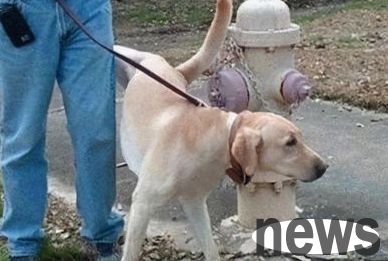
2. Use drugs reasonably according to the nature and symptoms of the disease, and the severity of the disease, select drugs scientifically and reasonably to avoid abuse of drugs. Do not use disinfectants, antibiotics, anticoccidians and antiviral drugs within a few days before and after vaccination. Use levamisazole, BCG, interferon and other immune promoters to enhance the immune effect. Use glucocorticoids, cytotoxic drugs and sex hormones with caution to avoid harm to immune organs and immune cells and affecting the immune response.
Try not to go to a small pet store to inject vaccination into the dog. Choose a regular and certified animal hospital as much as possible. Doctors there will first ask about the dog’s recent diet, excretion, mental state, etc., and then do basic examinations for the dog, such as measuring body temperature and checking the visual mucosal status. Only by confirming that the dog meets the standards for vaccination will a scientific and reasonable immunization procedure be formulated. Doctors will also explain the precautions after the immunization is over.



